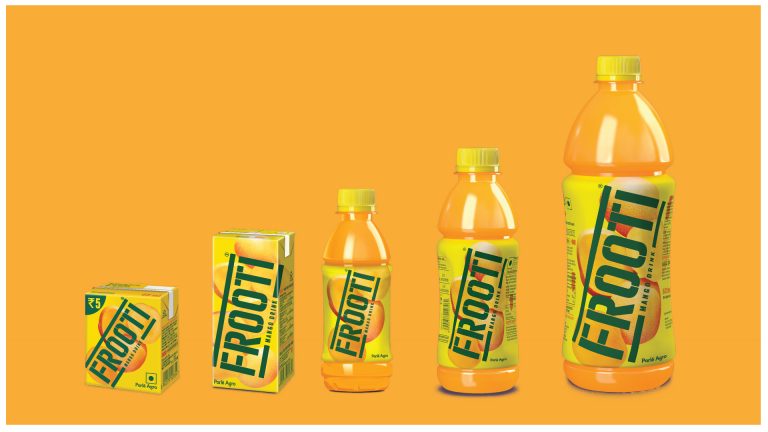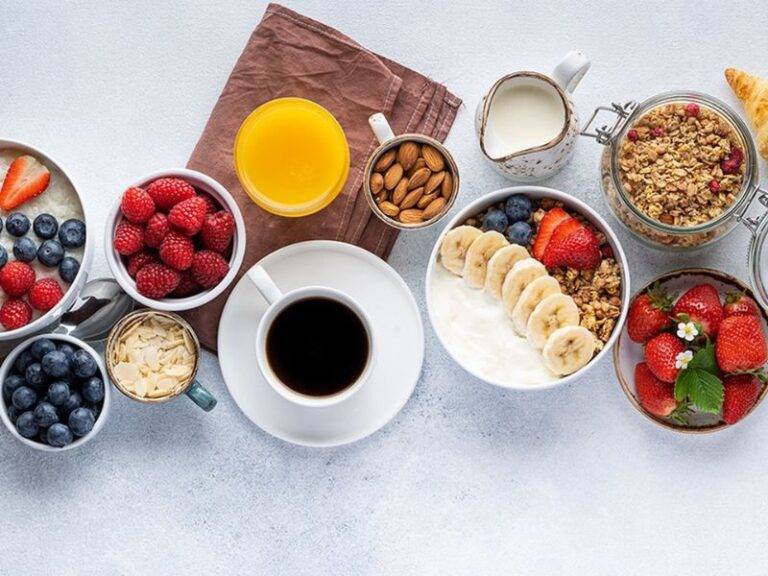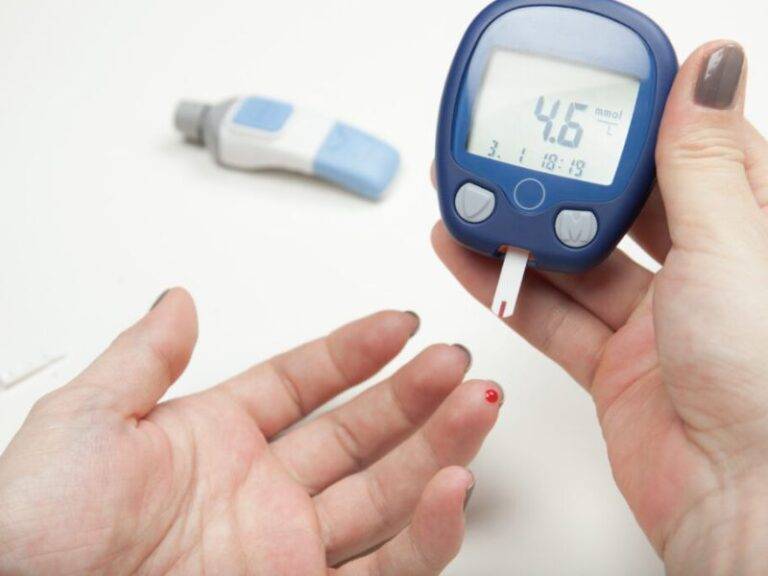Simple training is not enough to prepare your body for such a task. A well-thought-out meal plan tailored to meet teenage athletes’ unique nutritional needs is needed. As a nutrition specialist, I know that adolescence is a growth and development phase.
Combining that with the energy demands of sports, it’s easy to see why such a carefully balanced diet is required not only for a high level of performance but also for health.
Teenage athletes face the dilemma of balancing schoolwork, practice, and competitions when their bodies are changing rapidly; without proper food intake, this could mean fatigue, injury, and stunted development.
This complete guide gives a detailed meal plan for seven full days, explains why working with a dietician and nutritionist is so important, lists the key nutrients your body needs, and outlines the importance of nutrition for your success as an athlete.
Your 7-Day Meal Plan
Each day’s schedule would comprise meals based on a balanced diet to provide the much-required amounts of macro and micronutrients for energy, recovery, and growth. Each athlete is encouraged to adjust the daily schedule to fit their specific sport and training regimes and to adjust portion sizes as per their calorific needs.
Day 1
- Breakfast- Greek yogurt parfait with granola, fresh berries, and honey drizzled on top. Provides calcium and protein and sets you up nutritionally for the day ahead.
- Mid-morning snack- A banana and a handful of almonds for a quick energy boost and healthy fats.
- Lunch- Grilled chicken wrap with lettuce, tomato, and avocado; carrot sticks. This delicious lunch is a source of lean protein and fiber.
- Pre-workout snack-Rice cakes spread with peanut butter and topped with banana slices—perfectly balanced in carbohydrates and protein.
- Dinner- Served grilled salmon, quinoa, and steamed broccoli; gives omega-3 fatty acids, complex carbohydrates, and vitamins.
- Evening snack-Cottage cheese mixed with pineapple chunks; a mix of protein and natural sugars that would be necessary for muscle recovery at night.
Day 2
- Breakfast: Scrambled eggs on whole-grain toast, garnished with a nice cut of avocado for healthy fats and sustained energy.
- Mid-morning snack: A boiled egg and an apple to give some protein with high-fiber carbs.
- Lunch: Turkey and cheese sandwich on whole-grain bread; a side of cucumber slices for crunch and hydration.
- Pre-workout snack: A smoothie with spinach, frozen mango, protein powder, and almond milk—packed with nutrients.
- Dinner: Grilled chicken, brown rice, and green beans for whole-some recovery.
- Evening snack: Dark chocolate squares and a handful of walnuts for antioxidants and omega-3s.
Day 3
- Breakfast: Oatmeal with chia seeds, chopped nuts, and a little bit of cinnamon; offering complex carbs and essential omega-3s.
- Mid-morning snack: A pear and a string cheese stick for a balanced combination of carbs and protein.
- Lunch: Quinoa salad with mixed greens, chickpeas, feta cheese, and a lemon vinaigrette for an option full of plant protein.
- Pre-workout snack: Half a whole-grain bagel with cream cheese—an easy-to-digest source of carbs.
- Dinner: Baked cod, sweet potato mash, and roasted Brussels sprouts for a nutrient-dense, satiating meal.
- Evening snack: A protein shake to help repair muscle.
Day 4:
- Breakfast: A smoothie bowl made with spinach, frozen berries, almond butter, and granola packed full of antioxidant- and healthy-fat-rich offerings.
- Midmorning snack: Hard-boiled eggs and cherry tomatoes give sustained protein and hydration.
- Lunch: Chicken Caesar salad with whole-grain croutons and low-fat dressing will keep that body properly fueled and satisfied.
- Pre-workout snack: A handful of trail mix for sustained energy to continue concentrating.
- Dinner: Stir-fried tofu, brown rice, and mixed vegetables for a plant-based, protein-packed dinner.
- Evening snack: Low-fat yogurt with flaxseeds sprinkled on top for omega-3s and gut health.
Day 5:
- Breakfast: Whole-grain waffles, peanut butter, and slices of strawberries; all this will provide a start to the day that’s lower on the glycemic index, yet give you some healthy fat to hold off going hungry.
- Midmorning snack: A handful of mixed nuts to keep your energy sustained.
- Lunch: Grilled shrimp, couscous, and sautéed zucchini to make for a light but healthy meal.
- Pre-workout snack: A granola bar and an orange for rapid energy and hydration.
- Dinner: Lean beef, mashed potatoes, and steamed spinach are combos of iron- and complex carbohydrate-rich foods.
- Evening snack: Greek yogurt, honey for great sweetness and a treat packed with protein.
Day 6
- Breakfast: A veggie omelette along with a slice of whole-grain toast would give a good amount of fiber and protein.
- Mid-morning snack: Celery sticks with hummus as a snack for fiber and healthy fats.
- Lunch: A tuna salad sandwich on whole-grain loaf; side greens for a nutrient-packed whole.
- Pre-workout snack: A banana and a glass of low-fat milk would supply carbs and protein.
- Dinner: Whole roasted chicken with baked sweet potatoes and asparagus completed with a nutrient-rich balanced meal.
- Evening snack: A fruit smoothie for rehydration and recovery.
Day 7
- Breakfast: Whole-grain cereal with low-fat milk and sliced banana would make a quick breakfast, however balanced.
- Mid-morning snack: A boiled egg with an orange serves protein and vitamin C.
- Lunch: Turkey and avocado wraps; sides of vegetable soup will provide hydration and fiber.
- Pre-workout snack: Rice crackers with almond butter will hold me over.
- Dinner: Grilled fish tacos with cabbage slaw and salsa make for a flavorful and nutrient-rich dinner.
- Evening snack: Cottage cheese with blueberries serves well for protein and antioxidants.
Importance of a Nutritionist-Created Diet Plan
Each athlete’s body is unique, and so are their nutritional requirements. That is why working with a sports nutritionist is crucial in ensuring that your diet is:
- Personalized: Unique to your specific sport, training intensity, and personal goals.
- Balanced: Adequately helps with your training of carbs, proteins, and fats.
- Supervised: The evaluation and adjusting of your plan according to the changes taking place in your training and growth-spurt patterns.
“As a dietician at Qua Nutrition, I believe teen athletes train not just to enhance their performance but to build a strong foundation for healthy living. Proper nutrition plays a key role in their journey, and guidance from a nutritionist is crucial to ensure they get the right supplements to achieve perfection.”
Classes of Essential Nutrients for a Teen Athlete
- Carbohydrates are the main fuel source for athletes. Find them in whole grains, fruits, and vegetables.
- Protein is the building block for muscle recovery and growth. Include lean meats, eggs, dairy, and legumes.
- Fats: Healthy fats are vital for energy storage and brain function. Found in nuts, seeds, avocados, and olive oil, among many others.
- Calcium may be needed during growth spurts to promote the development of strong bones. Dairy products, fortified plant-based milk, and leafy greens are other good sources.
- Iron: It is essential in the transport of oxygen throughout the blood. Include lean meats, beans, and fortified cereals.
- Hydration: Hydration is important. Water, electrolytes like 1 chaze, and sports drinks during high-intensity activity will guard against any drop in performance levels.
The Significance of Diet to Athletes
Depending on the structure of their diet, athletes will
Be able to perform at maximal capacity: Provide qualities of energy needed for training and competition;
Recover faster than their opponents: Less delayed-onset muscle soreness and fatigue post-exercise with proper nutrition after workouts;
Depend on their unique needs during physical development: Unique physical stresses of developmentally and, or puberty-related life phases; and
Prevent injury: Potential of nutrition for adequate bone and muscle health and structural strength.
“As a dietitian at Qua Nutrition, I often tell athletes that ignoring their diet is like driving a car on low fuel—it won’t take you very far. Proper nutrition isn’t just about energy; it builds both mental and physical resilience, helping you perform at your best.”
Having a meal plan for 7 days is a great start to structured eating, but do remember that there are no one-size-fits-all food recommendations that work. Professionals must be consulted to guide one through a personalization of their diet based on their goals and lifestyle. At QUA Nutrition, we customize meal plans to meet the unique needs of teenage athletes. With highly qualified dieticians, advanced analysis methods, and a focus on lifelong health promotion, we build confidence that our children attain their peak potential safely and effectively. When you choose QUA Nutrition, you’re choosing a future structured by strength, resilience, and maximum performance. Contact us now to customize your diet plan.









